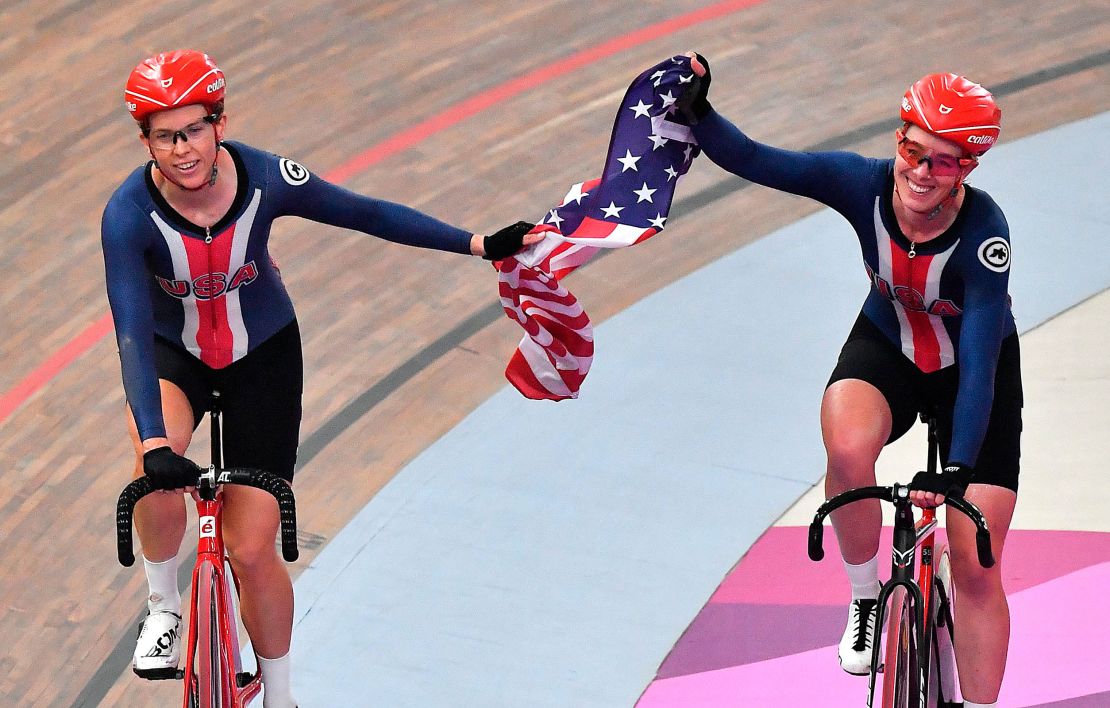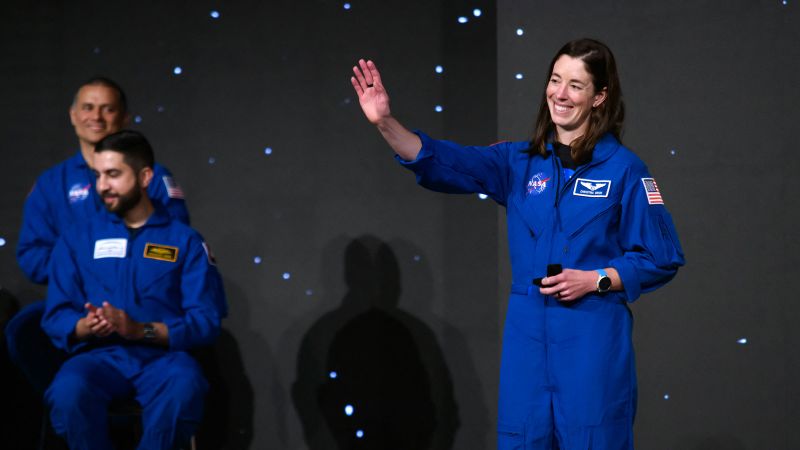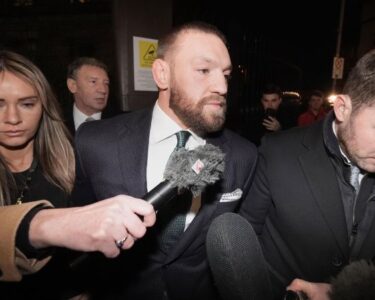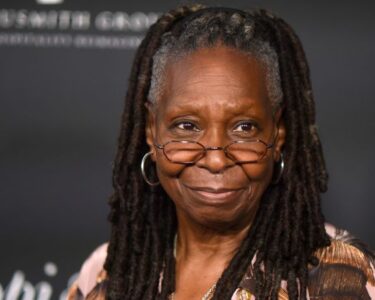CNN
—
Scroll through the athlete profiles on the USA Cycling website and you’ll find someone whose favorite movie is listed as “Interstellar” – Christopher Nolan’s acclaimed sci-fi adventure released in 2014.
“I love realistic space movies … I’m definitely a nerd,” reads Chris Birch’s answer on her profile page.
That response proved prescient: shortly after stepping away from her professional cycling career, the Arizona native was selected from more than 12,000 applicants to join NASA’s astronaut class of 2021.
As career sidesteps go, it was an unusual one, though Birch had an extensive background in science with degrees in mathematics, biochemistry and molecular biophysics, and a doctorate in biological engineering.
The further she progressed with her application to join NASA, the more convinced she became that she had a future in spaceflight. Interviews with panels of current and former astronauts, she thought, were stimulating, not intimidating, and so too were the selection exercises undertaken with other candidates.
“I really just had a blast,” Birch tells CNN Sport. “It didn’t feel like an interview at all, it didn’t feel like a test. It was just super fun. And it felt like fun and games for me.”
It’s now been close to two and a half years since Birch joined NASA, and in that time, she has practiced for space walks, learned to fly T-38 training jets and developed skills needed to operate the robotic arm on the International Space Station.
Her training also involved acquiring expeditionary skills, understanding how to operate the complex systems on the space station, and even becoming proficient in Russian, the language needed to fly the Soyuz spacecraft.
When she graduated at Houston’s Johnson Space Center in March, the 37-year-old had few qualms about the unexpected U-turn her career had taken, her appetite for spaceflight keener than ever before.
“I absolutely would love to explore off this planet,” says Birch. “I think there’s a pretty good shot that I’ll get to go do science aboard the International Space Station, maybe even get to do some wrenching outside and work on making some upgrades.
“It would be an absolute career highlight to be able to go back to the moon as part of one of the Artemis missions and do science on the moon.”

Birch left academia in 2018 to pursue a career in professional cycling, going on to win 11 national titles and represent the US at the world championships on several occasions.
It was around the time that she was training to make the team for the postponed Tokyo Olympics that Birch applied to join NASA, and when she missed out on selection for the Games, she decided to throw herself wholly into her new pursuit.
Despite the evident differences in cycling and spaceflight, she believes that the same sense of curiosity and wonder has motivated her in both disciplines.
“I think there’s something really powerful about being surrounded by a group of people that are all trying deliberately to not walk the path most trodden,” says Birch.
“We’re all looking to push the envelope in some way, and that has always been my driving mantra. The whole reason I pursued a PhD is I wanted to discover something, to build something that had never been done before.
“My fascination with sport was all about seeing how fast we could go. Can we push the human body – my body, my mind – farther than I thought I could go? It really was a natural extension of that inner drive for me, if not a slight change in the technical topics.”
Joining NASA has meant that Birch’s days of flying around a velodrome at lightning-bolt speeds are over, but her desire to test her physical limits remains.
She has turned her focus towards endurance challenges, completing the iconic Leadville Trail 100 mountain bike race – a 100-mile course with 12,000 feet of elevation gain in Colorado – last year, as well as racing the Houston Marathon in January.
On her radar is an attempt to break the women’s time record for cycling north to south across Montana, some 400 miles on gravel roads.
Challenges like that are not so far removed from astronaut training, which involves group expeditions in the field, living in the wilderness for days at a time and learning how to handle stress in a critical, unforgiving environment.
“Cycling in particular – it just supports so much suffering,” says Birch. “It’s a really great avenue to practice mental toughness. It doesn’t cost much, versus for me to go out and fly in a multi-engine jet aircraft is thousands of dollars an hour.
“This is something that I can go do and practice that toughness training, especially if I’m descending on a mountain bike trail, six hours in and I’m really tired – I’m now making critical handling decisions in response to my environment.
“I feel like that translates really well to being able to do that in the jet – it’s the same mental clarity, mental focus you have to maintain. I think it’s an awesome space to practice that.”
Birch is now firmly focused on her first projects since graduating. Recently, that’s involved supporting Artemis II recovery training in the Pacific Ocean, off the coast from California.
The Artemis II mission, now scheduled for September 2025 after a delay of several months, aims to send four astronauts on a journey to fly by the moon, and being able to prepare for the safe recovery of the astronauts and the capsule, Birch says, gave an “incredible appreciation for the needs of the crew,” even while she’s still a rookie.
There’s no obvious timeline or pathway for when or how she might be able to venture away from planet Earth herself, but it remains a firm ambition in her life and career.
“I’m going to prepare for that the same way I would prepare for a race,” says Birch, “show up every day and give 100% to the team. If the timing works out, then that’s great. But I’ll be ready.”






